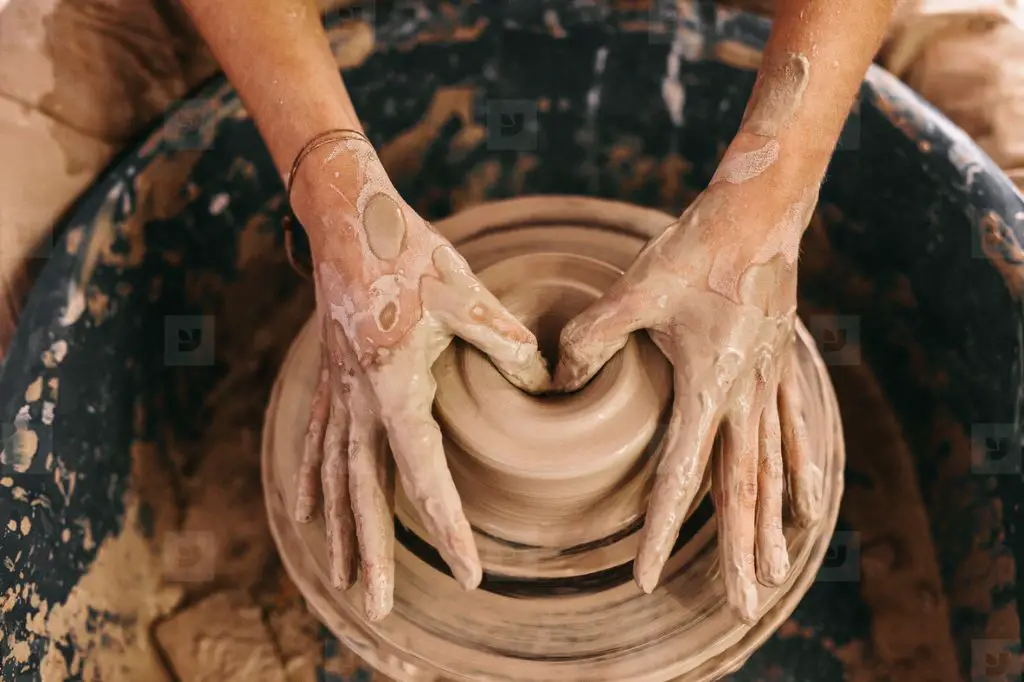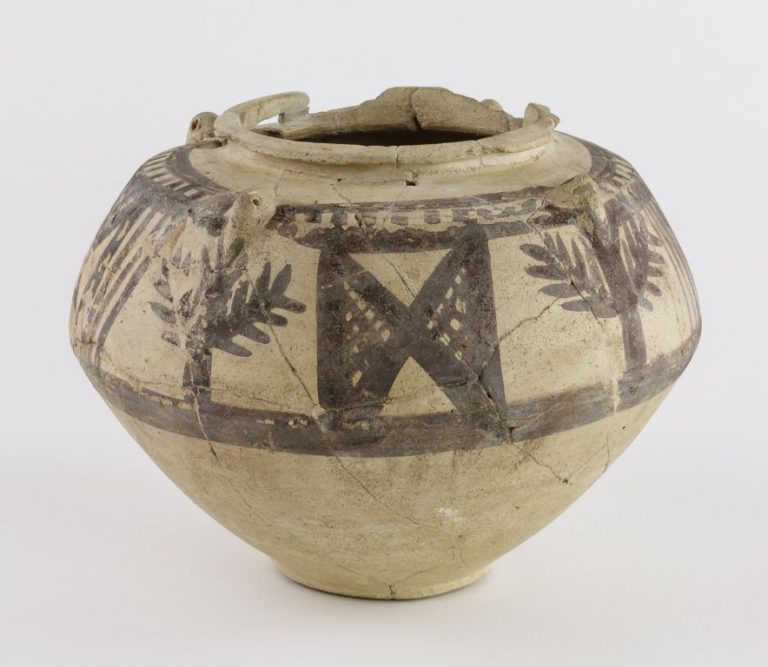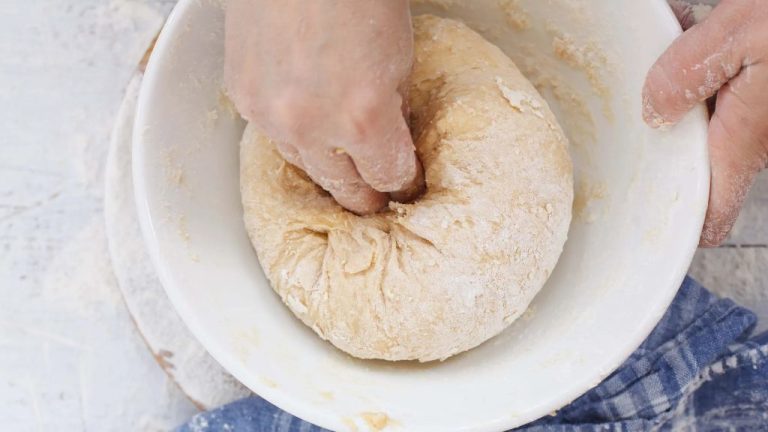What Does Pottery Class Do?
A pottery class is an art course where students learn how to use clay to hand build or throw functional and decorative ceramic pieces. Under the guidance of an experienced pottery instructor, beginners start with basic techniques like wedging and centering clay on the potter’s wheel. More advanced students may learn complex methods like sculpting figures, creating glazes, and firing finished works in a kiln.
Pottery classes provide a range of benefits beyond producing beautiful ceramic art. The creative process helps develop artistic skills and self-expression. Forming pieces by hand is therapeutic and improves dexterity. Classes also offer social interaction and community. With practice and completed projects, pottery boosts patience, focus, confidence, and a sense of achievement.
Enhances Artistic Development
One of the key benefits of pottery classes is the opportunity to express creativity and develop artistic skills. Working with clay is an incredibly tactile, hands-on medium that allows beginners and experts alike to tap into their creative potential.
With the guidance of an instructor, students can explore different techniques like handbuilding, wheel throwing, sculpting, and glazing. Over time, they gain competence and confidence in their abilities. Pottery class becomes a creative outlet to make functional pieces like mugs or decorative art.
The process involves imagination, problem-solving, and discovery. Mistakes often lead to beautiful accidents and unique effects. There’s no “right” way to throw a pot or sculpt a figure. Students are encouraged to experiment, take risks, and develop their own style.
Pottery engages the brain’s artistic side, sparking innovation and self-expression. Classes nurture creativity in a fun, engaging way. Students walk away with handmade treasures and a newfound appreciation for the limitless possibilities of clay.
Stress Relief
Taking a pottery class can provide a welcome respite from the stresses of daily life. Molding clay with your hands induces a state of calm focus and “flow.” The physicality of working with clay is grounding, requiring full mind-body engagement in the present moment. This can help quiet the mind and provide temporary escape from worries or intrusive thoughts. The relaxing nature of pottery making has even been shown to lower cortisol levels and heart rate.

Pottery also provides a creative outlet separate from everyday demands. By taking time to nurture personal interests and passions through artistic expression, people can gain perspective and let go of tension or anxiety accumulated throughout the week. For many, throwing pots or hand-building sculptures is an enjoyable and therapeutic distraction from their normal responsibilities.
In a pottery class environment, the shared community experience also promotes stress relief. Classmates provide positive social connections during the creative process. Laughter, collaboration, and a sense of belonging can emerge. With its relaxing and engaging nature, pottery offers the perfect time-out to de-stress and have fun.
Motor Skills
Pottery class can help improve hand-eye coordination and fine motor skills. As participants learn to center clay on a wheel, sculpt figures and shapes, and manipulate clay in various ways, they engage and strengthen their arm and hand muscles. According to https://thelittlepotterystudio.com/benefits-of-pottery-class-for-children/, practicing these precise hand movements and controlling the clay helps develop fine motor control. Working with clay is a great way to improve dexterity, especially finger and hand strength needed for tasks like writing or drawing.
Both children and adults can benefit from the motor skill development pottery class provides. Molding clay requires concentration and precision, which engages the mind-hand connection. With practice over time, people gain better control and coordination of their hand and finger movements. As noted on https://www.squizzelbox.com/blogs/news/benefits-of-playing-with-pottery-clay, the repetitive motions used in pottery help establish neural pathways for enhanced manual dexterity and muscle memory. The motor skills gained through working with clay are valuable for artistic endeavors as well as everyday tasks and activities.
Social Connections
Pottery classes provide a great opportunity to meet new people and form social bonds. According to an article on ClassBento, “Add pottery making classes in San Francisco to the list of fun social activities to try with your bestie, family members, coworkers, or even a potential love interest” (source). The shared experience of learning a new creative skill helps facilitate conversation and connection. Many friendships and relationships blossom organically over the weeks spent together in a relaxed, creative environment.
While some solitary creators prefer to work alone, pottery class encourages social interaction. Chatting while working on projects and sharing constructive feedback creates a sense of community. The bonds formed can extend outside class through further shared activities and interests. As discussed on Reddit, most pottery class participants are “chatty, complimentary and we spend a lot of time talking about all sorts of things we’re consuming (tv, music, pottery techniques)” (source). Studio time becomes quality time spent with new acquaintances and friends.
Self-Esteem
Taking pottery classes can be a great way to boost self-esteem. The sense of accomplishment from creating something with your own two hands is immense. There’s an incredible feeling of pride in molding a lump of clay into a beautiful vase, bowl, or sculpture. Pottery allows people to tap into their creative potential, which builds self-confidence. No matter one’s skill level, finishing a piece results in a surge of self-esteem.
Pottery also provides a healthy creative outlet for self-expression. Making pottery is therapeutic and stress-relieving. The process requires focus and concentration, which helps block out negative thoughts. Potters become immersed in the moment as they shape the clay. This mindful engagement brings feelings of joy, relaxation, and achievement.
In a pottery class, support from the teacher and fellow students can further enhance self-esteem. Positive feedback and encouragement in a warm, nonjudgmental environment helps build a sense of pride. By inspiring creative growth and celebrating unique vision, pottery classes allow participants to gain confidence in themselves and their abilities.
Mindfulness
Pottery classes can help cultivate mindfulness by encouraging students to be fully present and engaged in the creative process. The act of centering clay on the wheel, feeling its texture and weight, and shaping it into a vessel requires focus and concentration on the moment-to-moment sensory experience. As one shapes the clay, thoughts tend to drift away as attention becomes absorbed into the motions of the hands. This single-minded focus helps calm the mind and provides a brief respite from the stresses and worries of everyday life. According to psychology studies, mindfulness practices like pottery making reduce symptoms of anxiety and depression.
In a pottery class, students learn to take their time and pay close attention to each step, rather than rush through to finish a piece. The iterative process of wedging, shaping, trimming, and glazing clay involves patience and presence. Mistakes often happen, requiring the maker to slow down, center themselves again, and continue with care and awareness. As a meditative act, pottery enables one to cultivate moment-to-moment non-judgmental awareness and inner calm. For this reason, art therapy programs often incorporate pottery and ceramic arts to teach mindfulness and relaxation skills.
References:
[1] https://www.tripadvisor.in/Attraction_Review-g1772295-d7394468-Reviews-Thrill_Hill_Waterslide-Woombye_Sunshine_Coast_Queensland.html
Patience
Pottery requires a great deal of patience. It takes time and practice to learn the techniques of working with clay on a pottery wheel. As with any new skill, beginners will make mistakes and have to start over many times before mastering the basics. Frustration is common but pushing through builds character and resilience.
The entire pottery-making process demands patience. Clay pieces take time to dry after molding them to avoid cracking or breakage in the kiln. Bisque firing can take 6-12 hours to slowly heat clay to the right temperature before glazing. Glazes also require careful applications over multiple layers. Rushing any step can ruin hours of previous effort and careful work. According to Dakota of King Pottery, “Patience, practice and persistence has deepened his skill on the pottery wheel” (source). Developing pottery skills is an exercise in cultivating patience.
Types of Classes
There are three main types of pottery classes: wheel throwing, hand building, and glazing. Pottery School | Professional Art Classes offers weekly 10-week sessions focused on wheel throwing for adults. Hand building pottery classes are also available for both kids and adults in private lessons according to Pottery School | Professional Art Classes.
Different Types of Pottery Classes in Sydney notes some of the most popular pottery class types in Sydney including wheel throwing, sculpture making, and hand building. Glazing classes may teach techniques like dipping, pouring, brushing, and spraying glazes. Jarsofdust in Virginia Beach Pottery Classes offers rotating specialty pottery classes as well.
Getting Started
For beginners looking to start taking pottery classes, there are a few things to consider when choosing the right class. The most important factors are finding an instructor you connect with, assessing costs and time commitments, and choosing a class format that works for your goals and learning style.
When researching local options, look at each instructor’s background and teaching style. Sit in on an introductory class or two if possible to get a feel for how the teacher interacts with students. An encouraging, attentive, and experienced instructor can make all the difference, especially for pottery beginners. Some classes are technique focused while others allow more creative exploration – decide which best suits your interests.
Most pottery classes run between $150-$300 for a 6-10 week session, with materials included. Be aware that certain specialty workshops or multi-day intensives may cost more. Understand the class schedule and time commitment before signing up to ensure it fits with your availability. Weekend or evening classes are great for working professionals.
Pottery studios offer classes in both handbuilding techniques (pinch pots, coils, slabs) as well as throwing on the pottery wheel. Consider which excites you more or sign up for an intro class that explores both. Private lessons give focused 1-on-1 attention while group classes allow for socialization and learning from peers. Take time to find the right pottery class for your goals, budget and schedule. With a quality instructor and engagement in the creative process, you’ll be crafting pottery masterpieces in no time!


